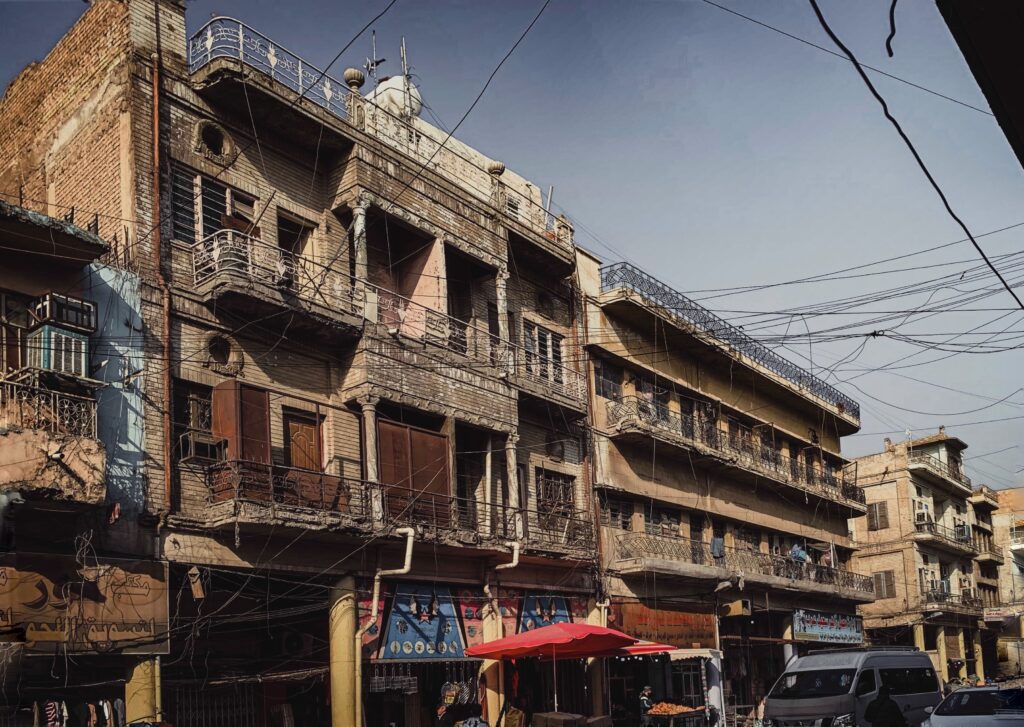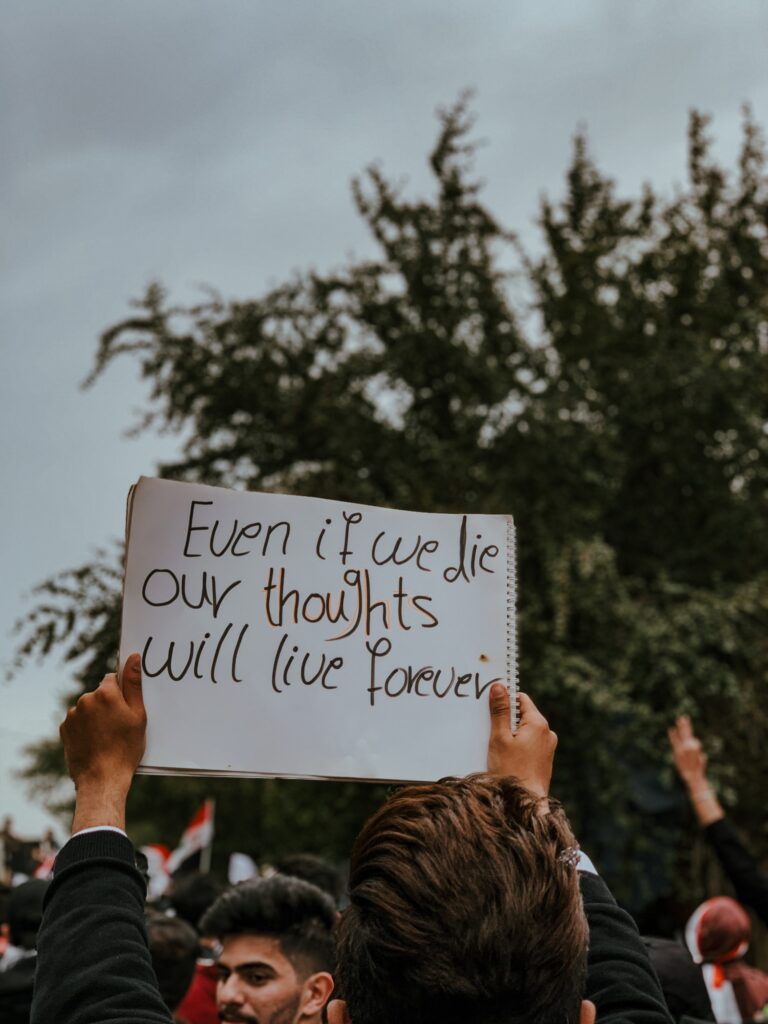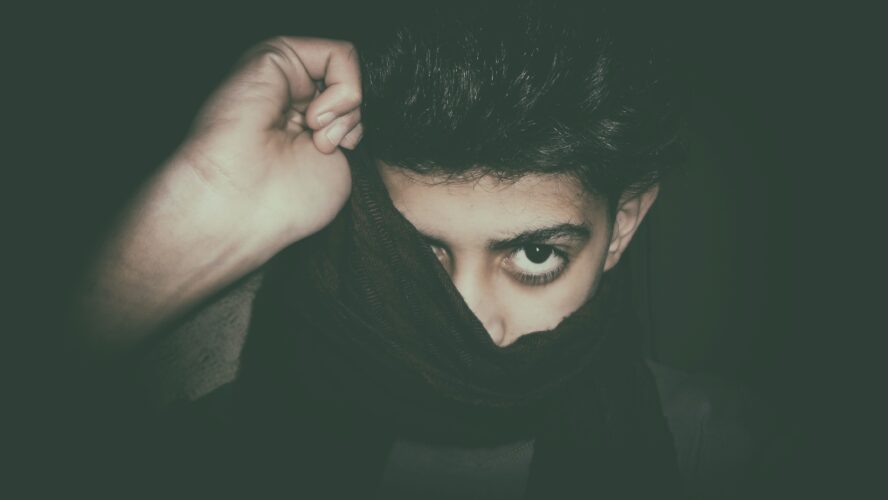Since U.S. forces invaded my country in 2003, I have lived an extraordinary life as an Iraqi. I faced daily risks such as bombs, violence, sudden lockdowned streets, and sudden curfews. So much uncertainty. When I walked outside, there was an unknown fear because one never knew where the next big event could happen. Every day I would ask myself, will I return home to my family or not?
Dark Days
I survived after all, not because I was very cautious, but from what I could only call a “lack of timeliness”. I happened to be absent when waves of violence occured somewhere in Baghdad.
Those days eventually ended, and life, nearly, returned to its normal tempo. Especially after the defeat of ISIS in 2017. But that experience, for many like me in Iraq, made it so that what other countries now see as the ‘abnormal procedures’ of life during this COVID-19 pandemic is normal. We are used to this. These conditions are just like those dark days before.

By the end of July, COVID-19 pandemic saw a resurgence in Iraq. Cases passed the 120,000 mark and close to 5,000 people have died from the virus. (Photo by: Dalia mu on Unsplash.)
Lockdown 101
Of course, there is difference between lockdown nowadays and the security curfews we saw before. For one, we did not have internet then, and we suffered electricity black outs while temperatures hit 52 °C in the summer. We also didn’t have social media like Facebook or Twitter to stay in contact with each other. There wasn’t YouTube to watch movies and entertain ourselves. There was only fear and worry about friends and relatives. Much like this current lockdown. But this is not as bad as those days of sectarian war.

As Iraqis battle the global pandemic, they also continue to struggle against widespread corruption in government and public office. (Photo by: Dalia mu on Unsplash.)
New Worries, Old Fears
People in Iraq now worry about different things, such as the effect of pandemic on the economy and daily life. There is still a lot of corruption in government and politics, and the price of our ace-in-the-hole commodity – oil – received a great hit because of this pandemic and lockdown. As 95% of salaries in Iraq are depent on that, our only export, you can see why we Iraqis worry.
There is also still the problem of electricity. We have had power outages for over 17 years. It affects everything in our country: hospitals, markets, commerce, businesses, and even people’s mood in summer. Through my reading of Iraq history, I learned that over a 100 years ago, most Iraqi revolutions and social upheavals happened in the summer season. Maybe the hot weather had a role in that.
Finally, I can say: despite the bad that occurs in the world, and despite the concept of lockdown not being familiar to most people in other countries, it seems that we in Iraq now have something in common with them. We share with everyone this experience of curfews and fears, and the hope of seeing a light at the end of the tunnel: that someday, this pandemic will be over and we can all return to normal life again.
* * *
